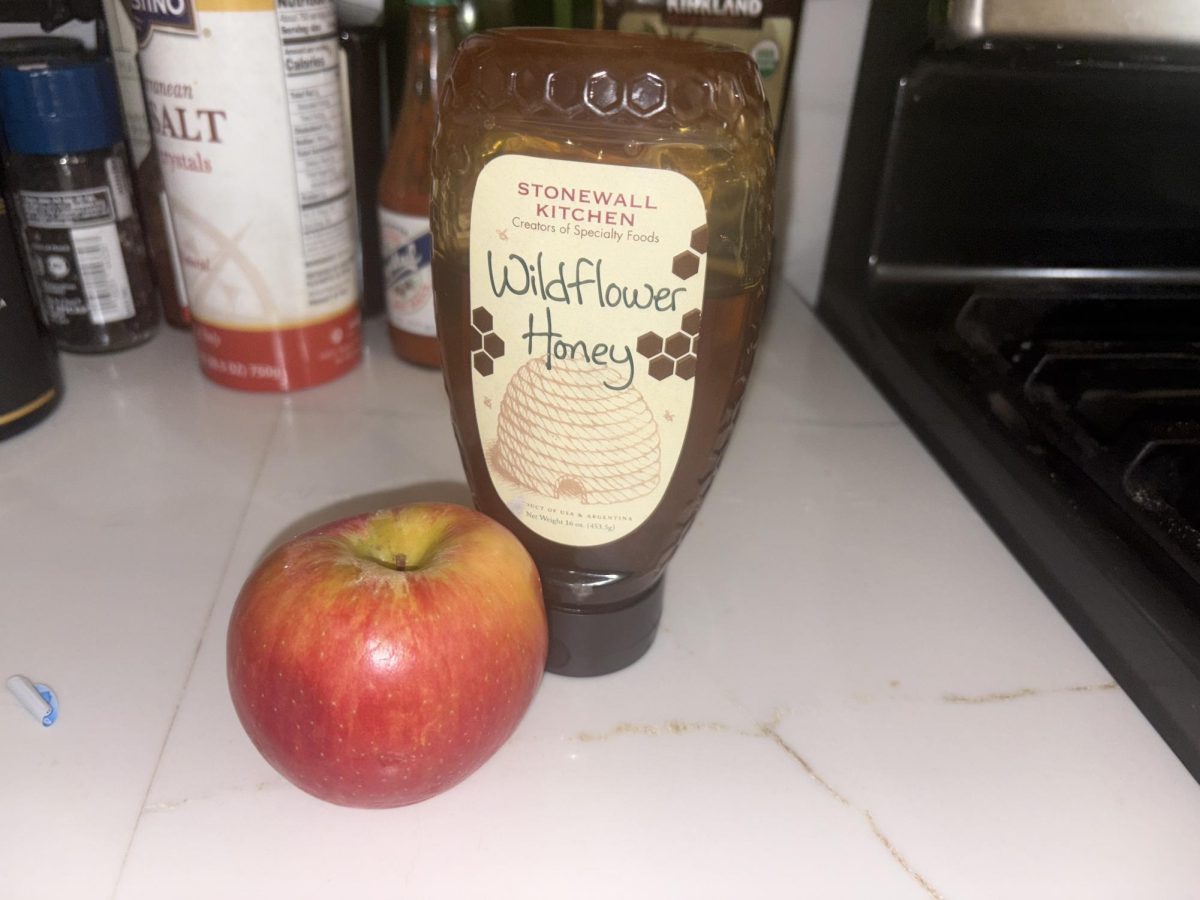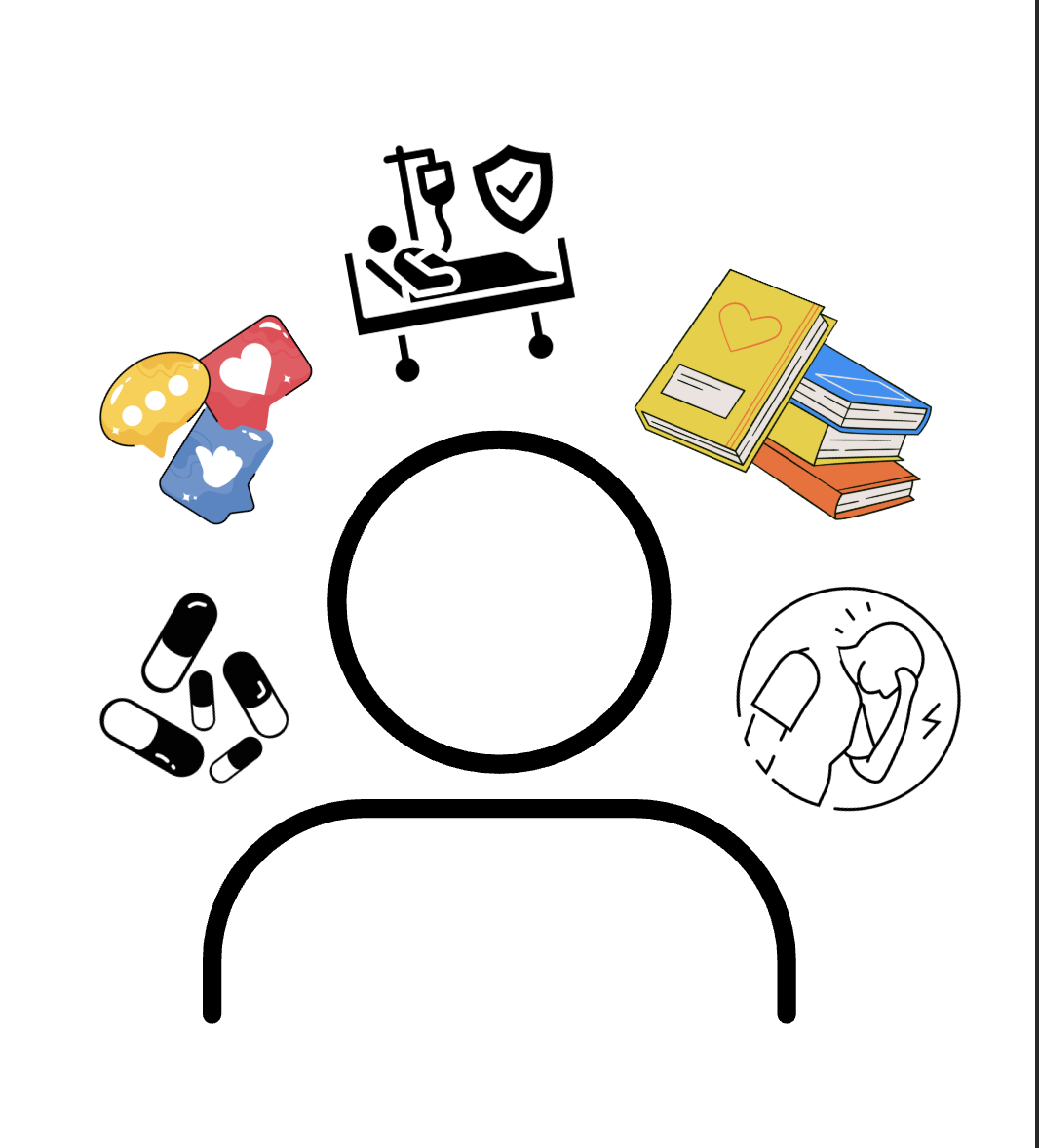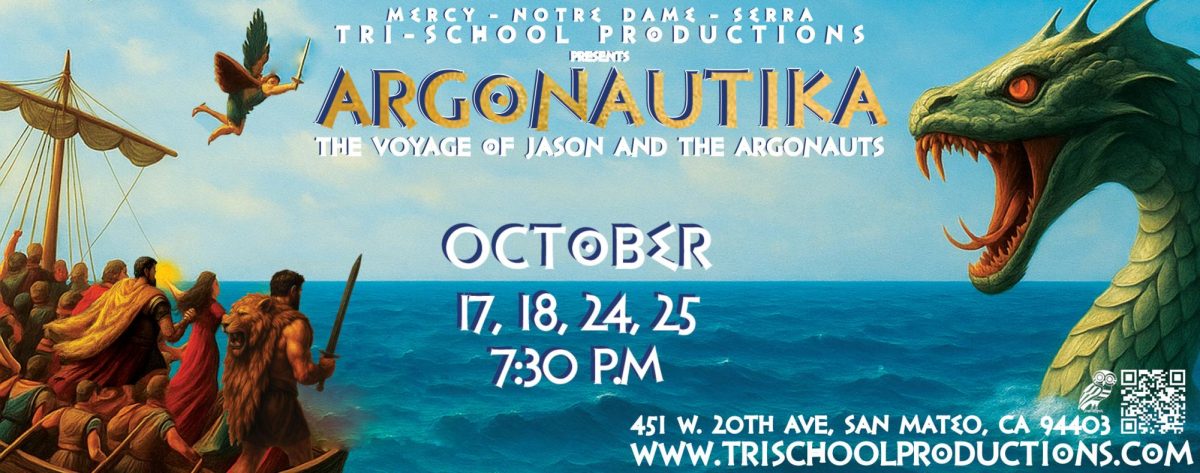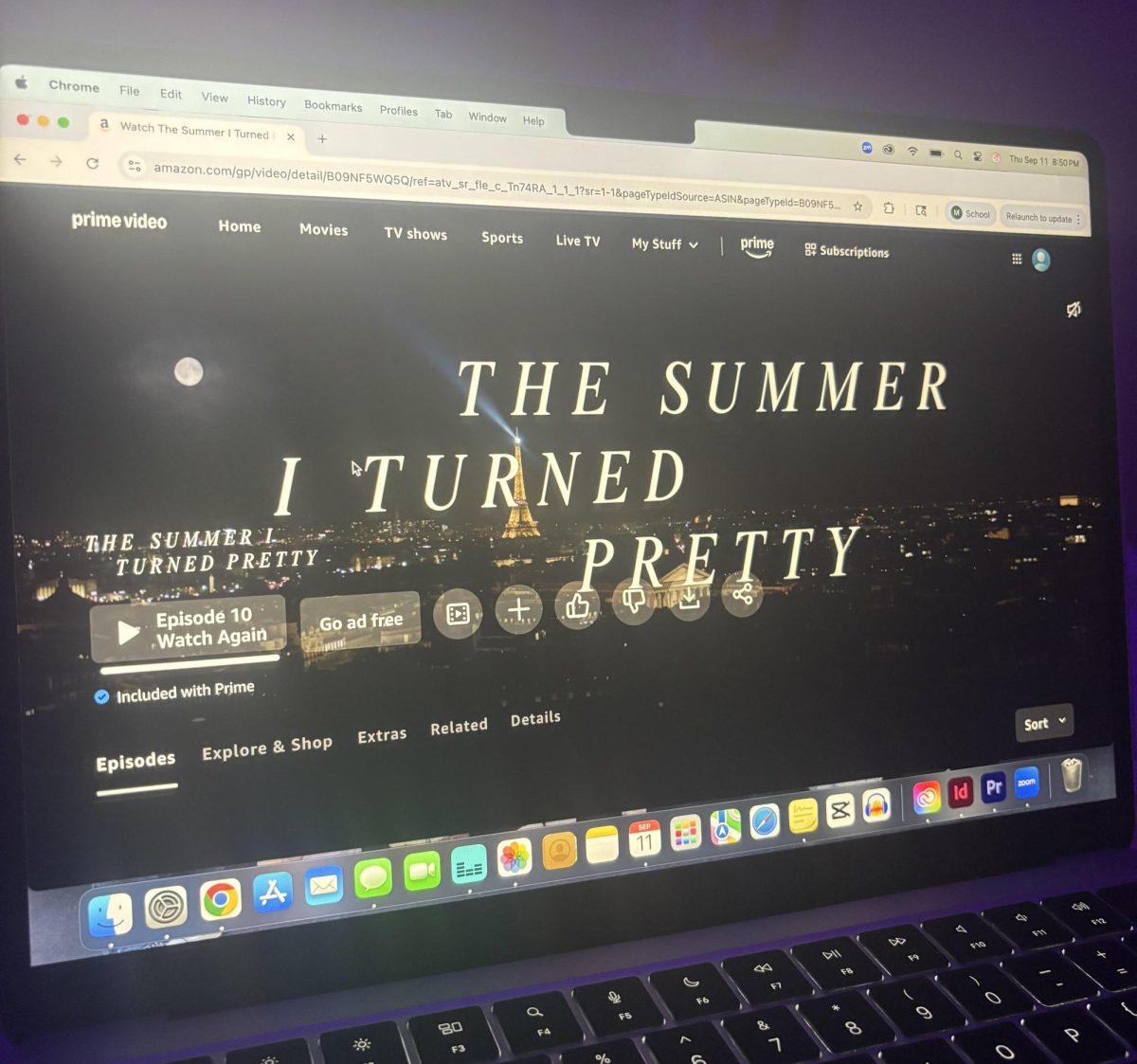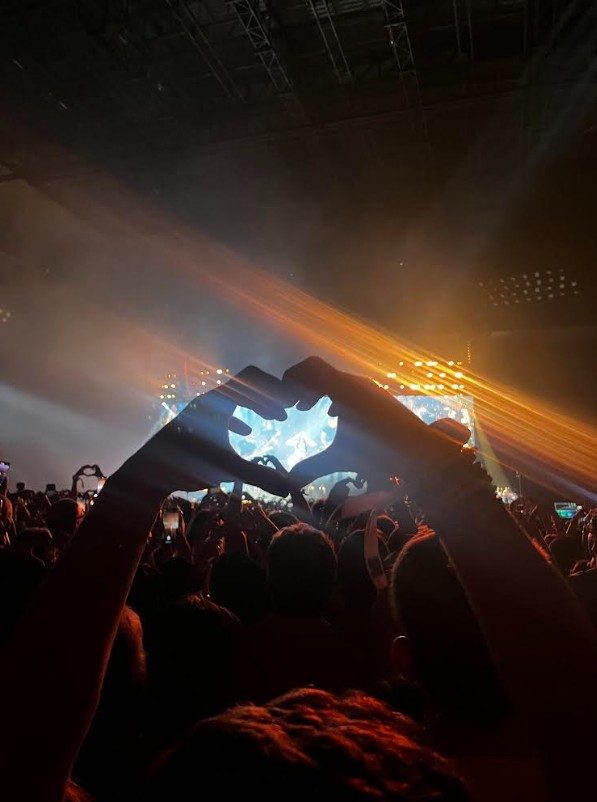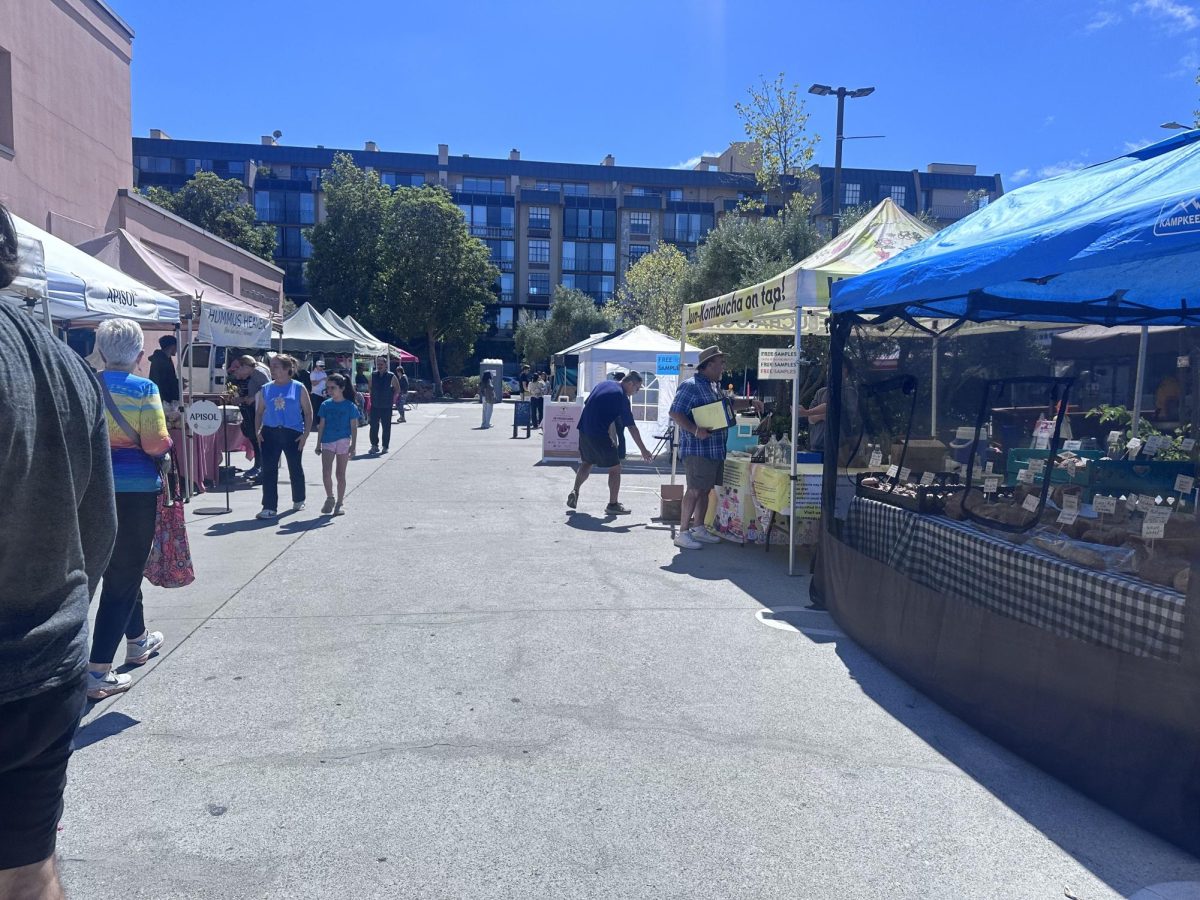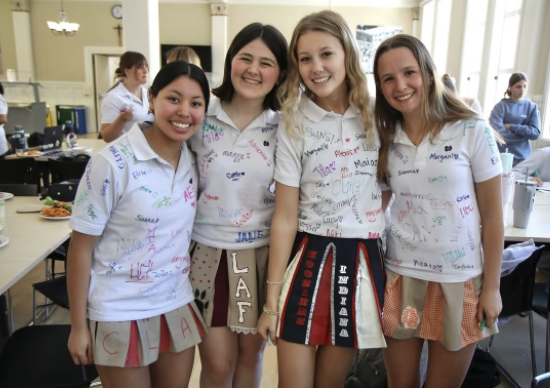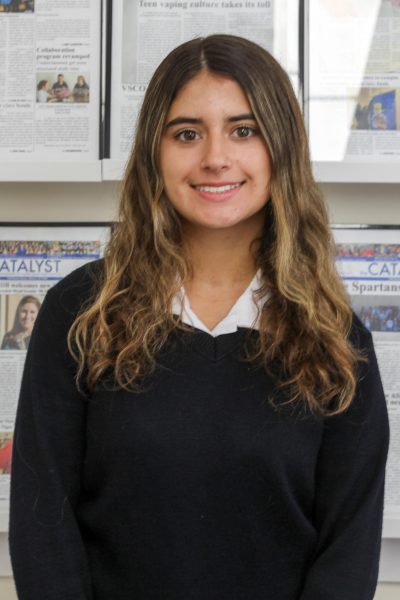Here at NDB, we honor and celebrate the traditions of our sisters and faculty members. The holiday Rosh Hashanah has been around since the 3rd century and is celebrated by Jewish people. All holidays are celebrated within this community, whether it is NDB-affiliated or not. While NDB is a catholic private school, every religion and every practice is valued and respected. So many religious holidays are celebrated throughout the year, with some being Christmas, Hanukkah, and Ramadan.
Students don’t have to be Jewish to celebrate this holiday, and they can learn more about it.
The name Rosh Hashanah comes from a Hebrew name, Yom Teruah, which means high holy days. Throughout these days, people will celebrate with their family and community with food, activities, and prayer. A well-known food that is made for this celebration is apples and honey, symbolizing the start of a sweet new year.
Around the holidays, the Epicurean Staff brings out different types of foods to show appreciation for the traditions that are celebrated throughout the school.
Rosh Hashanah is also a similar holiday to Hanukkah, which is also celebrated by Jewish people, but only has minor differences. Some Jewish families celebrate both Hanukkah and Rosh Hashanah, and some celebrate one or neither. Not all people who are Jewish celebrate these holidays. In Jewish culture, it is not always mandatory to celebrate certain holidays that follow tradition.
Throughout the school year, students and faculty come together to celebrate the different holidays that are celebrated within the school. It is always cool and interesting to learn about what students here celebrate.
Learning about this holiday is a good way to teach others about what other traditions are tied to Rosh Hashanah that are celebrated within different cultures.
“When learning about Rosh Hashanah, I think people should take away, like, the lesson of renewal, that every year is a new chance to renew and do and be better. Also, I think learning about traditions that differ from your own is important and creates more understanding between cultures. I think it is fun to compare New Year’s traditions from all over the world, like eating 12 grapes in Spain, or black eyed peas. Superstitions are so common everywhere, like us eating honey for a sweet new year,” shared senior Elena Buchard
Rosh Hashanah only comes once a year, and while it is around, everyone should take the time to learn about a religion they have never heard of or a religion they don’t usually practice. The reason why students take religion at NDB is to learn about everyone’s faith and the different religions that other people around the world practice or celebrate.

